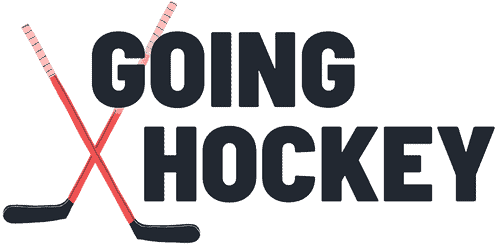In the fast and fiercely competitive world of ice hockey, a rich tapestry of slang and jargon has woven itself into the very fabric of the sport. One term stands out for its humor and significance: “pylon.”
What does pylon mean in hockey?
In hockey slang, “pylon” refers to a player, typically a defenseman, who is either a poor skater or simply bad at defense.
Table of Contents
ToggleWhat Does Pylon Mean In Hockey?
In hockey, the term “pylon” is a derogatory term used to describe a player who is perceived as being slow, immobile, or ineffective on defense.
The term is typically used to criticize a defenseman who is deemed to be a liability on the ice due to their lack of speed, agility, or defensive skills.
A player who is a “pylon” is often compared to a traffic cone or pylon used for marking roadways, implying that they are stationary and easily bypassed by opposing players. It suggests that the player is ineffective at impeding the progress of opponents and may be easily skated around or taken advantage of during gameplay.
Like other derogatory terms in sports, using “pylon” to insult a player’s abilities is not in the spirit of fair play and sportsmanship. Hockey is a challenging and physically demanding sport, and players of all skill levels deserve respect for their efforts. It’s important to foster a positive and supportive environment for all players, regardless of their level of play.
What Does Getting Dusted Mean In Hockey?
In hockey, the term “getting dusted” is a colloquial expression used to describe a situation where a player is outmaneuvered, outskated, or easily beaten by an opponent during a play.
When a player gets dusted, it means they were left behind or left in the dust as the opposing player skates past them with speed or skill.
This term is often used to highlight a moment of impressive individual speed displayed by the player who successfully evades their opponent. It can happen during a one-on-one situation or when a player makes a series of speedy moves to get around their opponent during a rush or attack.
For example, if a forward performs a quick deke (fake) to get past a defenseman and then skates effortlessly toward the net to score a goal, you might hear someone say that the defenseman got “dusted” by the forward’s skillful move.
“Pylons” often get “dusted.”
The term is used more as an observation of an exceptional play by one player rather than a derogatory term to criticize the player who was outplayed. It’s a common expression among hockey fans and players to describe moments of impressive skill and athleticism on the ice.


Leave a Reply